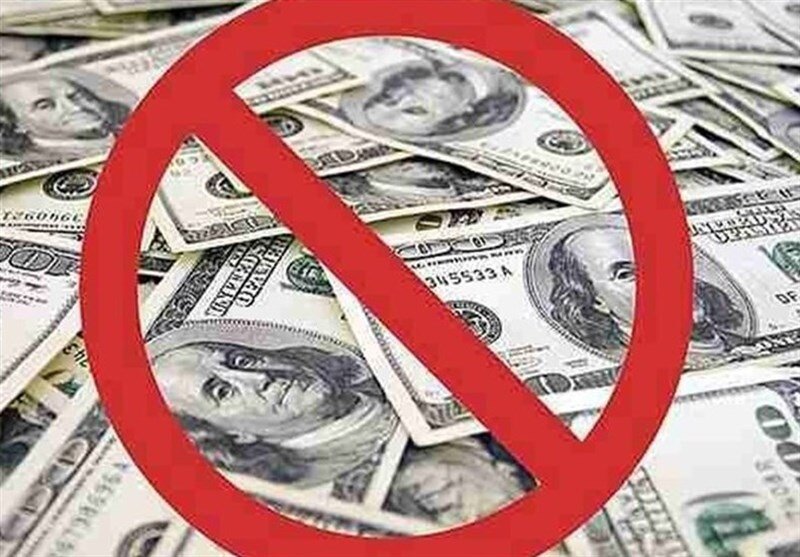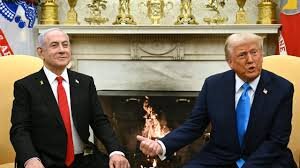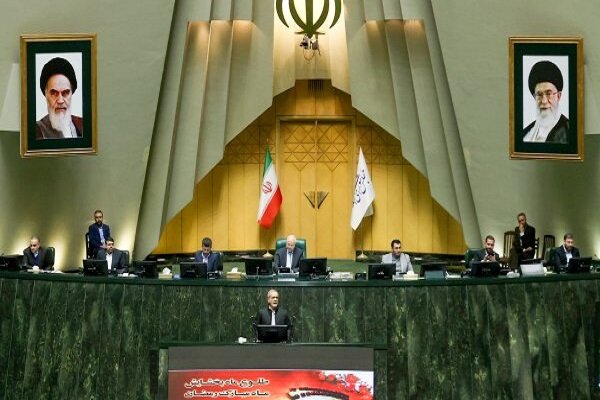De-Dollarization Momentum Surges Amidst Trump’s Opposition: What It Means for the Global Economy
US President Donald Trump has issued a stark warning of potential 100% tariffs on BRICS countries if they pursue the idea of replacing the US dollar with a common currency. This alarming statement has raised eyebrows globally, particularly as it hints at the ongoing tensions between the United States and emerging economies. According to reports from Sputnik, the Kremlin has dismissed Trump’s threats, asserting that there are currently no plans to replace the dollar.
Experts are weighing in on the implications of Trump’s rhetoric, with Ferriol Prat emphasizing the often ineffective nature of sanctions, especially given that the BRICS+ bloc now encompasses over 50% of the world’s population. Prat suggests that Trump’s comments are more about maintaining domestic confidence than any real threat to the BRICS nations.
“I think it is a matter of preserving confidence and national self-esteem,” Ferriol Prat tells Sputnik. “The current dollar monetary mechanic is in need of urgent reform as their persisting debt ceiling crisis indicates,” she continues. This situation prompts a critical reflection on the origins and outcomes of the American Dream, posing a delicate challenge of balancing self-reflection with the maintenance of national unity and confidence.
Trump’s opposition to alternatives to the dollar is intensifying. Notably, on January 23, he signed an executive order that bans Central Bank Digital Currencies (CBDCs) in the United States. This order also hints at potential actions against other nations that pursue their own CBDCs, raising concerns among global financial experts.
The Atlantic Council’s CBDC Tracker reveals that 134 countries, which account for 98% of global GDP, are actively exploring the implementation of digital currencies, including several BRICS nations. This trend underscores a significant shift in the financial landscape, as nations look for alternatives to the traditional dollar-dominated system.
Since the freezing of Russia’s sovereign assets in 2022, there has been a noticeable increase in cross-border wholesale CBDC projects, which have more than doubled in number. The Kremlin has responded to these developments by asserting that the actions taken against its assets have severely undermined trust in both the dollar and euro.
- Key Takeaways:
- Trump threatens 100% tariffs on BRICS if they replace the dollar.
- Kremlin dismisses the threat, indicating no current plans for a common currency.
- Ferriol Prat suggests Trump’s statements are aimed at bolstering domestic confidence.
- Trump has banned CBDCs in the US, hinting at potential action against foreign CBDCs.
- Over 134 countries are exploring digital currencies, representing 98% of global GDP.
- Cross-border CBDC projects have doubled since 2022.
- The Kremlin claims a loss of trust in the dollar and euro due to asset freezes.
This escalating situation highlights the geopolitical tensions surrounding currency and trade, as well as the evolving landscape of digital finance. The potential for BRICS nations to create a common currency raises questions about the future of the dollar’s dominance in global trade.
As the situation develops, it will be crucial to monitor how these dynamics play out. The balance of power in global finance is shifting, and the actions of the US in response to these changes will have far-reaching implications.
In summary, President Trump’s aggressive stance on tariffs and CBDCs reflects a broader strategy to protect the US dollar’s supremacy in the face of growing competition from BRICS nations. The ongoing dialogue surrounding digital currencies and their potential to reshape the financial landscape is a vital area for observation in the coming months.
The intersection of domestic policy and global finance remains a critical area of focus for analysts and policymakers alike as they navigate this complex and evolving scenario.






